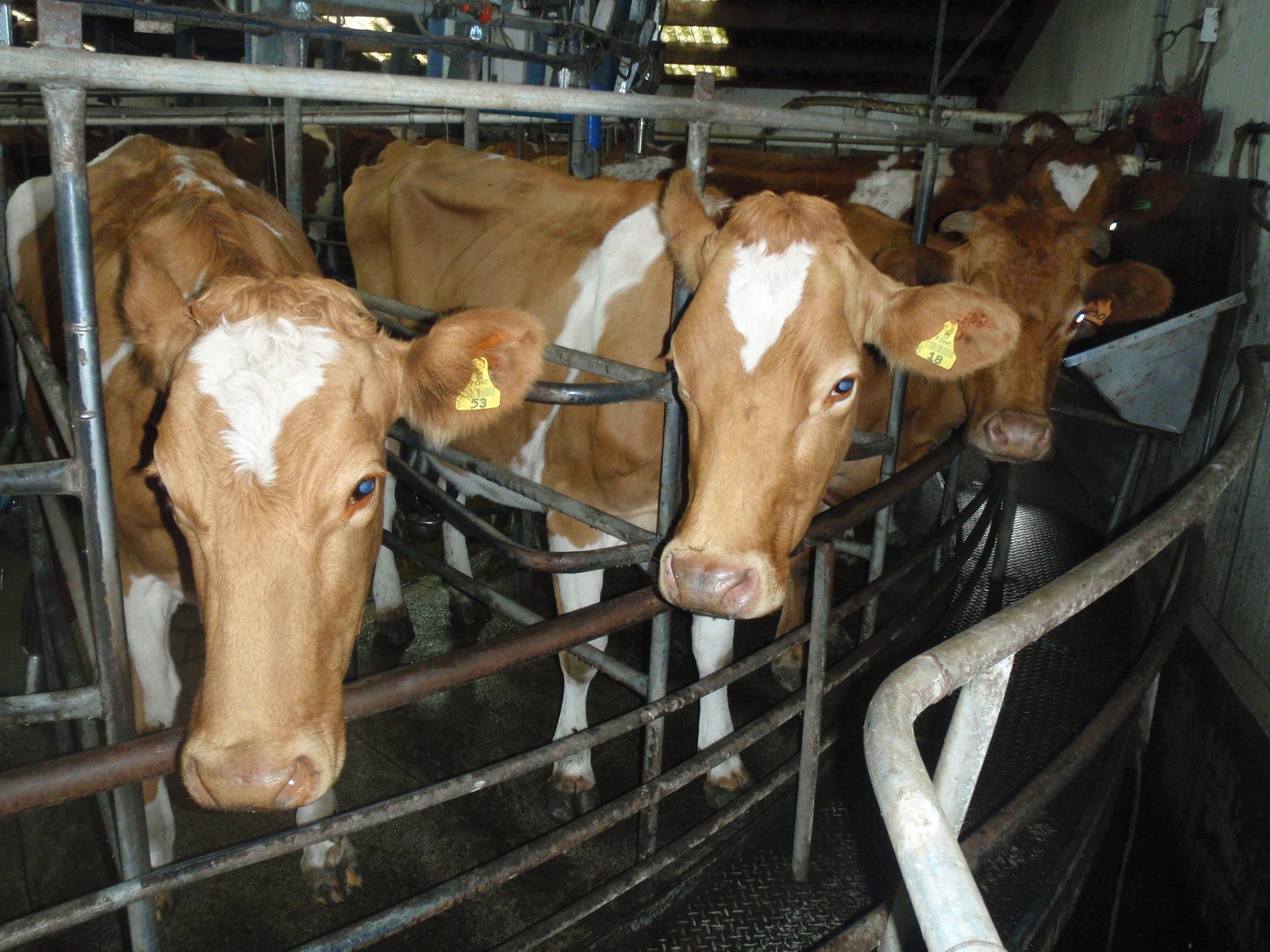Growth Hormones and Antibiotics in the Meat Industry
As more and more people worry about the quality and safety of the food they eat, it's important to know how growth hormones and antibiotics are used in the meat industry. Animals are given these substances to help them grow faster and prevent disease but their use has caused controversy and raised questions about how they affect human health.
What are growth hormones?
Growth hormones are natural substances that control how fast animals and people grow and develop. Synthetic versions of these hormones are sometimes used in the meat industry to help cattle, especially beef and dairy cattle, grow faster. Most of the time, estrogen, progesterone, testosterone, and melatonin are used in the meat industry as growth hormones.
Growth hormones are typically administered through injections or implants, and they work by stimulating the animal's own production of growth hormones. This can make them gain weight faster and build more muscle, which can make their meat bigger and leaner. But using growth hormones in livestock is controversial, and many countries have banned it because of worries about how safe and effective it is.
How do antibiotics work?
Antibiotics are drugs that are used to kill bacteria or stop their growth. Antibiotics are often used in the meat industry to keep animals from getting sick and to treat them when they do. This is especially true in crowded and dirty conditions. Antibiotics can be given to animals through their food, water, or by injecting them, and they work well to prevent and treat bacterial infections.
However, the use of antibiotics in the meat industry has also raised concerns about the potential for antibiotic resistance. When bacteria are given antibiotics, they can become resistant to them. This makes it harder to treat the bacteria in both animals and people. This is a big problem for public health because bacteria that are resistant to antibiotics can cause infections that can be very serious or even kill.
Who uses growth hormones and antibiotics in livestock?
The most common way to raise animals for meat, milk, and eggs is through conventional livestock farming. It involves large-scale operations that often use a variety of methods, like growth hormones and antibiotics, to get the most out of their work and make the most money.
Intensive and crowded conditions are common in traditional livestock farming, which can lead to the spread of disease and the need for antibiotics. Animals can also be stressed out by these conditions, which can hurt their health and well-being. Organic livestock farming, on the other hand, is based on principles of sustainability, animal welfare, and care for the environment. Most organic farms are small and use more natural ways to raise animals, such as natural growth promoters and fewer antibiotics.
The Negative Effects of Using Antibiotics and Growth Hormones
When antibiotics and growth hormones are used in the meat industry, it can hurt the quality and safety of the meat and the health of the people who eat it.
One worry about using growth hormones in the meat industry is that they change the quality of the final product. Some research suggests that the use of growth hormones in livestock leads to changes in the composition of meat, including an increase in fat and a decrease in protein content.
Additionally, the use of growth hormones has been linked to a variety of health problems in humans, including cancer, reproductive problems, and other hormonal imbalances.
The use of antibiotics in the meat industry can also have negative effects on the quality and safety of the final product. The overuse of antibiotics in livestock can lead to the development of antibiotic-resistant bacteria, which can pose a serious threat to public health. People can get these bacteria from eating contaminated meat, which makes it harder to treat infections and could lead to serious and even life-threatening illnesses.
In addition to these possible risks, the meat industry's use of antibiotics and growth hormones can also hurt the welfare of animals. The use of these substances can mask underlying health problems in animals and may contribute to the spread of disease in crowded and unsanitary conditions.
Why it's important to eat animal products that are organic, grass-fed and raised on pasture
Indeed, eating meat that has been treated with antibiotics and growth hormones poses some health risks. Many people choose to buy organic, grass-fed, or pasture-raised meat instead to cut down on these risks. Most people think that these options are safer and better than regular meat because they are made using more natural and sustainable methods.
Organic meat comes from animals that are raised on organic farms, which follow strict guidelines for the production of food. These farms use natural ways to raise animals, like natural growth stimulants and fewer antibiotics. They also care about the well-being of animals and the environment and tend to be smaller and more sustainable than conventional farms.
Grass-fed and pasture-raised meat come from animals that were raised on pasture instead of in a pen. Most of the time, these animals are allowed to graze on grass and other plants instead of being fed grains and other feed. This is a more natural and sustainable way to raise animals than putting them in cages, and the meat is healthier and of higher quality.
Overall, choosing organic, grass-fed, or pasture-raised meat can be a good way to minimize the potential risks associated with conventional meat and ensure that you are consuming a safe and high-quality product. By helping these types of farms and producers, you can also help spread more humane and environmentally friendly ways of making food.






